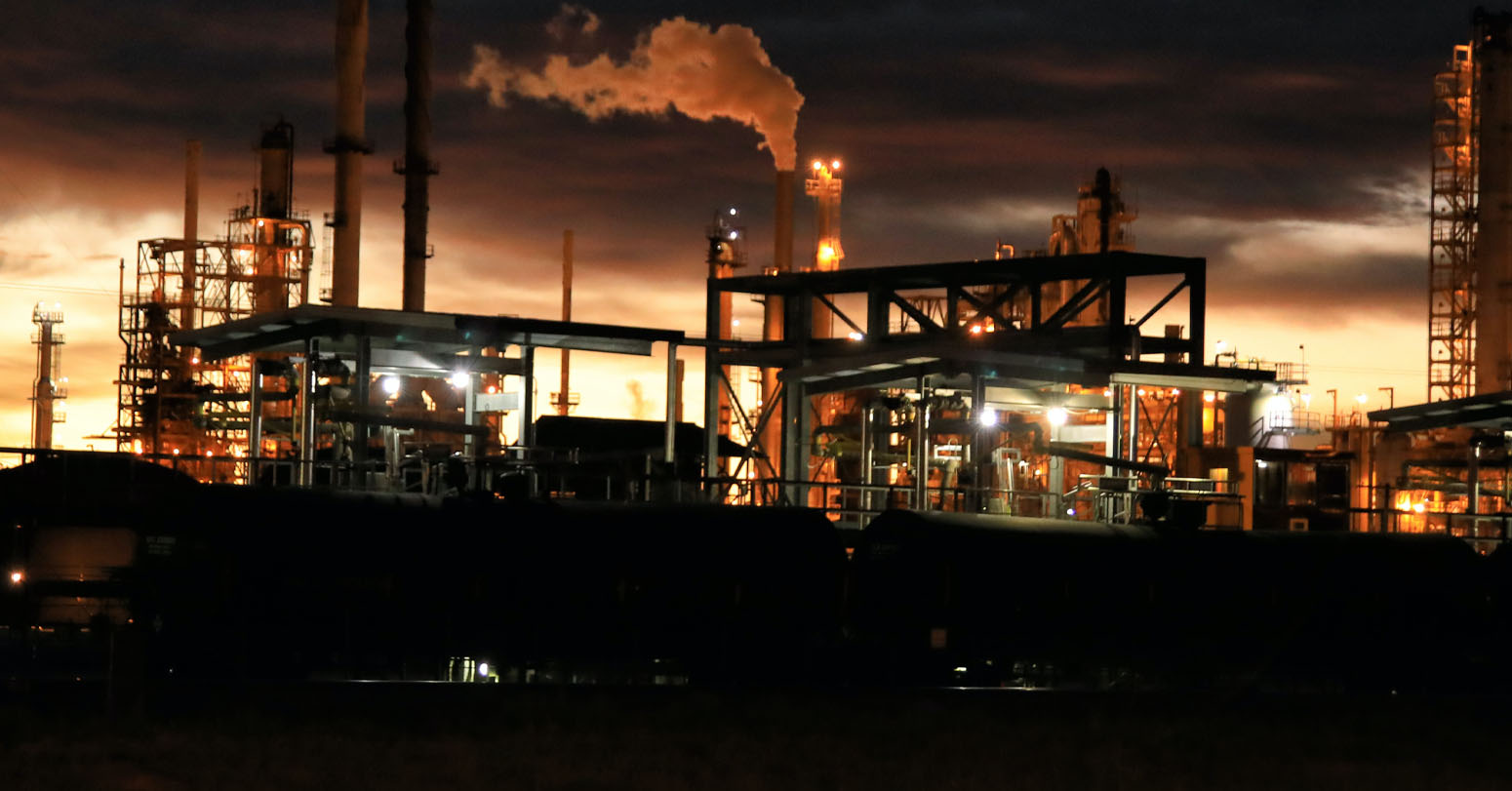China’s recovery from the pandemic and strong demand in India will drive strong economic growth in Asia this year, the Asian Development Bank said in a report issued Tuesday.
The Manila, Philippines-based ADB’s latest update forecasts an expansion of 4.8% in this year and the next, up from 4.2% in 2022. It said inflation would likely cool slightly this year and fall further in 2024.
ADB economists said a weekend decision by oil producing nations to cut output, pushing oil prices sharply higher, might reignite inflationary pressures and add to challenges for the region.
The report’s analysis was based on the assumption that Brent crude oil, the pricing basis for international trading, would average $88 a barrel this year and $90 a barrel next year.
Oil prices remain below that level, with Brent at $83 on Monday. But they soared about 5% after Saudi Arabia and other major oil producers said they will cut production by 1.15 million barrels per day from May until the end of the year, on top of a reduction announced last October that infuriated the Biden administration.
“It’s certainly plausible that oil prices could go even higher and introduce another challenge for the region,” ADB Chief Economist Albert Park said in a conference call.
However, growing imports of Russian crude oil, especially by China and India, will likely cushion the impact of rising prices — such exports to China, India and Turkey more than doubled last year. As of February, a third of Russia’s crude exports were going to India and more than a fifth to China.
Park noted that inflation in Asia seems to be driven more by surging demand for services, such as tourism, than for goods.
Another factor that could push prices higher is China’s rebound from slow growth after its leaders lifted COVID-19 restrictions that disrupted travel, manufacturing and other business activities. The ADB forecasts that China’s economy will grow 5% this year and 4.5% next year, an improvement over last year’s 3% growth but slower than its long-term average.
India’s economy, meanwhile, is expected to grow at a slower pace of 6.4% this year. That follows a 9.1% annual pace of expansion in 2021 as it rebounded from the worst of the pandemic, and 6.8% last year. But it’s one of the fastest expansions for a major regional economy.
Vietnam, meanwhile, is expected to see 6.5% growth this year, down from 8% last year. That’s above the average forecast for Southeast Asia, at 4.7% in 2023 and 5% next year.
A downturn in demand for computer chips has hurt the outlook for major exporters like Taiwan, Singapore and South Korea, said the report by the regional development lender.
It cited a forecast by World Semiconductor Trade Statistics that sales in semiconductors will fall 4.1% this year from last year but said demand is likely to recover later this year, as is typical in the highly cyclical industry.
Recent worries over the stability of the banking industry after bank failures in the U.S. and Switzerland’s rescue of Credit Suisse with a partial takeover by its rival UBS are among other uncertainties facing the global and regional economy, the report noted. The war in Ukraine also might push prices for commodities such as oil, gas and wheat higher, further bedeviling central bank efforts to curb inflation.
-AP

















Middle-aged man spends millions to
Dr. Dharam Raj Upadhyay: Man
Breathing The Unbreathable Air
Comprehensive Data Protection Law Critically
Gender Differences In Mental Healthcare
Erosion of Democracy